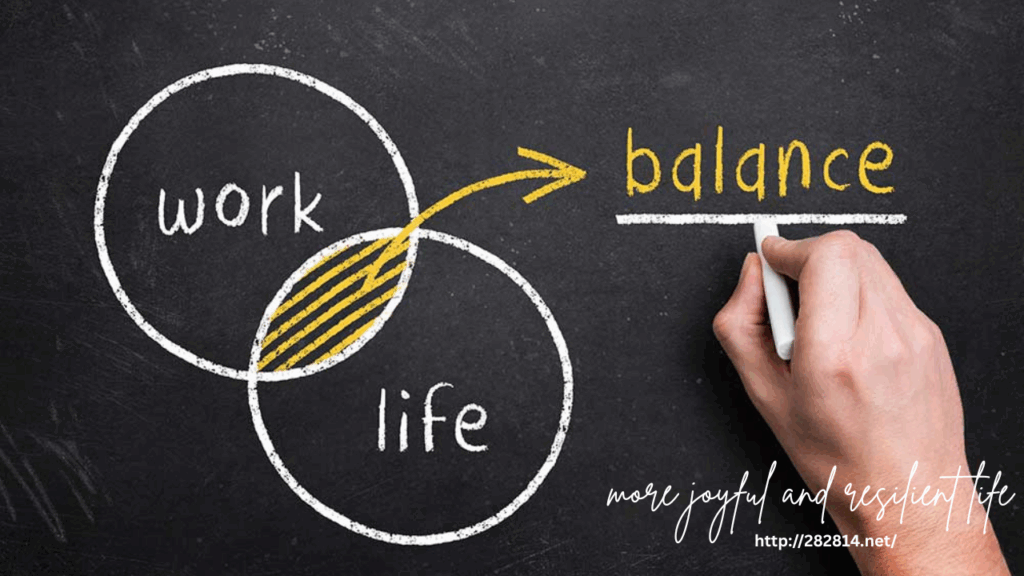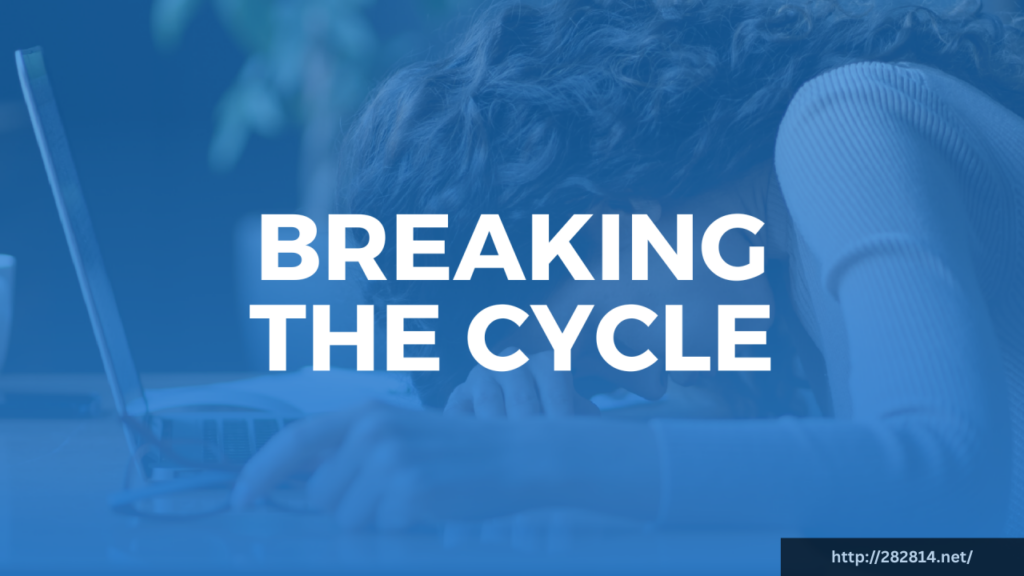
Money is a central part of our daily lives, shaping the way we live, work, and plan for the future. But beyond paying the bills or saving for big goals, our financial habits deeply affect our emotional well-being. Poor money management can lead to stress, anxiety, and conflict, while healthy financial choices can provide stability, confidence, and peace of mind. Understanding this connection can empower you to make decisions that support both your financial and mental health.
The Link Between Money and Stress
Financial stress is one of the most common causes of anxiety among adults. Struggling to cover monthly expenses, dealing with debt, or feeling unprepared for emergencies can weigh heavily on your mind. This type of stress doesn’t just stay in your head — it can affect your sleep, concentration, mood, and even your physical health, leading to headaches, high blood pressure, or fatigue. Over time, ongoing financial worries can strain relationships and lower your overall quality of life.
On the other hand, having a plan for your money helps reduce uncertainty and provides a sense of control. Even if you aren’t wealthy, making thoughtful, proactive financial choices can ease stress and help you feel more secure in the face of life’s ups and downs.
Building Healthy Financial Habits
The good news is that small, consistent actions can make a big difference in your financial well-being. Here are a few key habits that can help:
1. Make a Budget — and Stick to It
A budget isn’t about restriction; it’s about awareness and choice. When you track your income and expenses, you can see where your money goes, prioritize essentials, and plan for the future. A budget gives you clarity and helps prevent overspending.
2. Save Regularly
Setting aside even a small amount each month can help you build an emergency fund or save for important goals. Automatic transfers into savings accounts make it easier to stay consistent, and watching your savings grow can be a powerful motivator.
3. Manage Debt Wisely
Debt, especially high-interest debt, can be a major source of stress. Develop a plan to pay it down, starting with the debts that cost you the most in interest. If you’re overwhelmed, consider seeking advice from a financial counselor.
4. Spend Mindfully
Impulse purchases and emotional spending often lead to regret. Before buying, pause and ask yourself if the item or experience truly adds value to your life. Mindful spending helps you align your money choices with your long-term priorities.
5. Keep Learning
Financial literacy is key to making informed choices. Seek out books, articles, or workshops on money management. The more you know, the more confident you’ll feel in handling your finances.
Conclusion
Your financial habits have a direct impact on your stress levels and overall happiness. By creating a budget, saving regularly, managing debt, and making mindful choices, you can build a healthier relationship with money. Remember, it’s not about being perfect — it’s about making small, steady improvements that support a secure, less stressful future.








